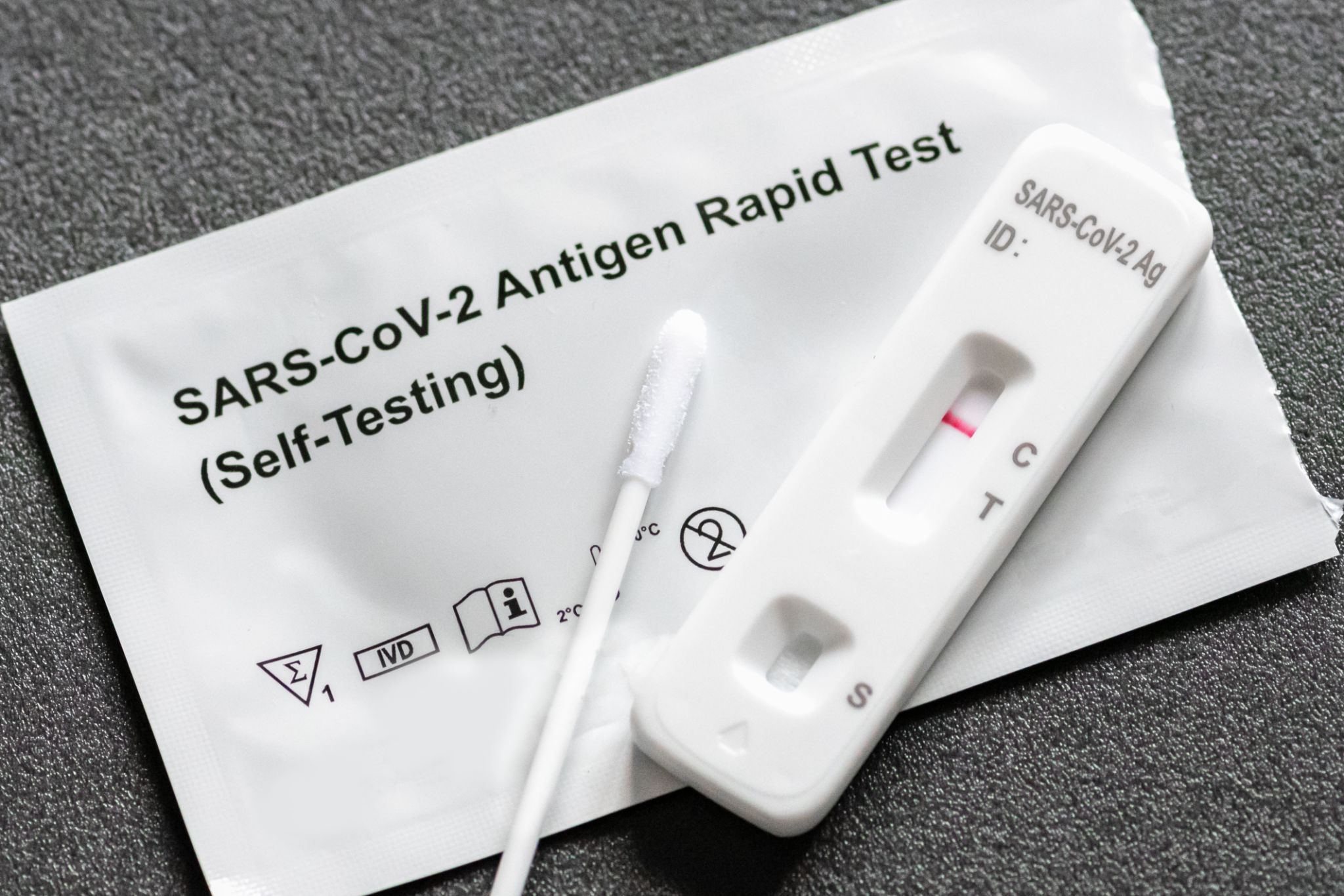Myths and Facts About COVID-19 Testing: What Indiana Residents Should Know
Understanding COVID-19 Testing: Separating Myths from Facts
As the COVID-19 pandemic persists, the importance of testing remains crucial in managing and controlling the spread of the virus. However, with the influx of information, it's easy for misconceptions to arise. This post aims to debunk common myths and present verified facts about COVID-19 testing, specifically for residents of Indiana.

Myth: COVID-19 Tests Are Not Reliable
One prevalent myth is that COVID-19 tests are unreliable. In reality, different types of tests serve different purposes, each with its level of reliability. PCR tests, known for their high accuracy, detect the virus's genetic material, while rapid antigen tests are useful for quick screening but may have a higher chance of false negatives.
It's essential to understand that no test is 100% accurate, but when administered properly, COVID-19 tests are a powerful tool in identifying and controlling outbreaks. In Indiana, health facilities and labs follow stringent guidelines to ensure testing accuracy and reliability.
Fact: Testing Is Widely Available in Indiana
Another fact that Indiana residents should be aware of is the wide availability of COVID-19 testing. The state has made substantial efforts to provide accessible testing sites throughout urban and rural areas. Residents can find testing locations through local health departments, pharmacies, and healthcare providers.

Moreover, many testing sites in Indiana offer free testing options to ensure that cost does not become a barrier for individuals seeking to know their COVID-19 status. Check with local health authorities for the latest updates on testing locations and availability.
Myth: You Only Need to Get Tested If You Have Symptoms
A common misconception is that testing is only necessary if you experience symptoms of COVID-19. However, asymptomatic individuals can still carry and spread the virus. Regular testing is especially important for those who are frequently in contact with high-risk groups or work in environments where social distancing is challenging.

Indiana health guidelines recommend testing for individuals who have been exposed to someone with a confirmed COVID-19 case or those who have recently traveled to areas with high transmission rates. By identifying infections early, even in asymptomatic cases, communities can prevent further spread.
Fact: Testing Helps Control the Pandemic
Testing is a critical component in controlling the pandemic. It allows health officials to track the virus's spread, identify clusters, and implement measures to prevent outbreaks. In Indiana, comprehensive testing data helps state officials make informed decisions regarding public health policies and restrictions.
By participating in regular testing, Indiana residents contribute to the broader effort to manage COVID-19 effectively. This collective action is vital in protecting vulnerable populations and working towards a return to normalcy.
Staying Informed and Vigilant
In conclusion, being informed about the realities of COVID-19 testing is essential for every Indiana resident. By dispelling myths and understanding the facts, individuals can make informed decisions about their health and contribute to the safety of their communities.
Stay updated with reliable sources such as the Indiana State Department of Health and follow recommended guidelines to protect yourself and others. Remember, your actions have a significant impact on the collective effort to combat COVID-19.